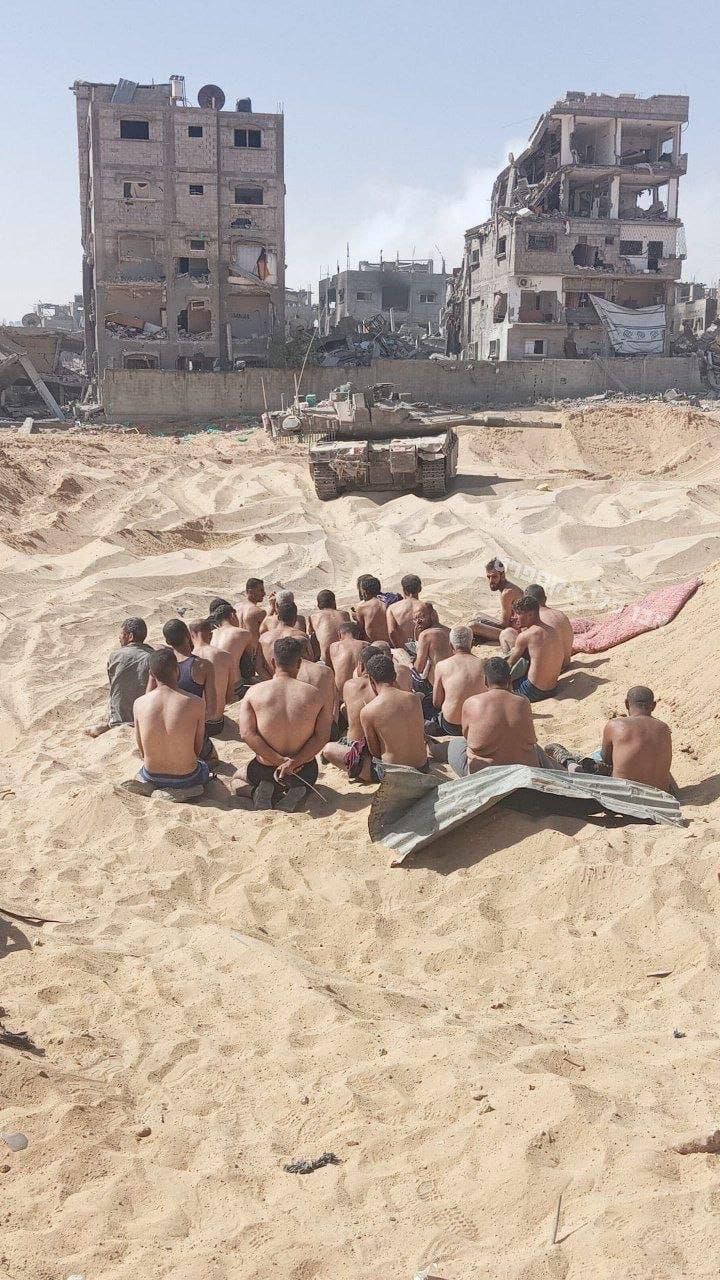MAHMOUD AL SHABRAWI
Writing Between Fear and Survival
I am Mahmoud, a journalist from Jabalia Camp in the north of the Gaza Strip — a place whose landscape has been forever changed by the relentless sound of bombardment. At night, the echoes of explosions blend with the buzzing of drones, creating an unchanging soundtrack to our daily lives. Sometimes the blasts are so close that the windows shake violently; other times, they are distant, but always present in mind and heart — a constant reminder that danger never truly leaves. Even silence here is not real silence; it is just a brief pause before the next strike.
Since the start of the war, I have been displaced five times. Each time, I thought I had found a safer place, the bombs would follow. Some nights, I had no shelter at all and slept on the street, using a piece of cardboard as a bed. The cold night air is not the worst part — it’s the uncertainty, lying awake wondering if the next sound will be the one that ends your life. But the worst ordeal I faced was not only the bombing.

In October 2024, during the Israeli army’s assault on Kamal Adwan Hospital in Jabalia, I was kidnapped by Israeli soldiers. They held me for three days and used me as a human shield. Those days were among the darkest in my life. I was beaten and humiliated, forced to carry a soldier’s camera to film the buildings around the hospital. That same soldier refused to send his military dog inside one of the buildings and coldly told me, “The dog’s life is worth more than yours. The dog must not die; but you can die anytime.” Those words still echo in my ears today, capturing how they see us Palestinians.
I have lost more than just my sense of safety — I have lost my home, my job, and everything I once owned. The street where I grew up is now rubble. Friends and neighbors who once filled the camp with laughter are now names on a long list of martyrs. Like thousands of others, I live under a siege that has created famine-like conditions. As I write these words, it has been four months since I last ate chicken, meat, or eggs.
Maybe you’re wondering why I’m posting these photos, just me holding a bag of flour. But I waited 15 hours to get it, and walked 7 kilometers carrying it home
Even flour — the most basic necessity — has become incredibly difficult to obtain. Once, I walked 8 kilometers on foot to a food distribution center just to get a small bag of flour. The journey was dangerous, with heavy gunfire nearby. That day, several people were killed just meters away from me. I carried the flour home with trembling hands — not from its weight, but from the thought that I survived a path where others did not. In this reality, anxiety and fear seep into the smallest details of life — when trying to sleep, when speaking with family, even when trying to write these words.
Phone calls with loved ones are filled with silent pauses, as we both wonder if this will be the last time we hear each other’s voices. Sometimes, in the middle of writing, I stop to check if my family is still alive after hearing a nearby explosion. And yet, I hold on to writing. Not because it erases the fear, but because it gives it meaning — turning personal experience into a testimony that can reach the world. Writing becomes an act of resistance, a way to say: I am still here. I am still alive to tell you this.

Despite the destruction, despite the humiliation and loss I have endured, I still love life and cling to hope. I have one hope — to survive this war, to return one day and live my life again, with hope. But every night before I sleep, a question haunts me: Does the world feel us? Do they see what we truly live through? Do our voices reach them, or does the echo of our cries fade away before it passes the walls of this siege?
Sometimes I imagine people far away, sitting in cafes, walking streets brightly lit — while we here count every minute as if it could be the last. Maybe they know the news, but do they know the feeling? Can pictures convey the smell of dust after bombing, or the silence of streets that were once full of life? I don’t know if the world will choose to see us, but I will keep writing, because writing is all I have left. It is my way of saying: We are here. We are human. We deserve to live.



